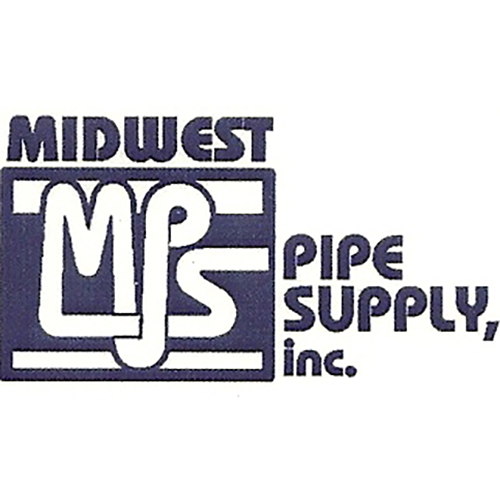Piping systems play a crucial role in many industries, acting as vessels for transporting fluids, gases, and other materials essential to industrial processes. As such, they face intense pressure, high temperatures, and corrosive substances that can jeopardize the integrity of the piping system. For this reason, it's essential to use high-quality pipes that can withstand these conditions without compromising safety or efficiency.

Quality Standards
Quality is of utmost importance in pipe manufacturing, which requires adherence to specific standards for safety and efficiency. The most common quality standards for pipes include ASME, ASTM, BS, and DIN/WERKSTOFFE. These standards ensure that pipes are manufactured to specific requirements, including material grade, sizes, and performance specifications, to meet safety and quality standards.
Material Grades
The variety of pipes available in the market is extensive, offering a wide range of material grades to ensure that there is a pipe that meets the specific needs of each application. Some common material grades for pipes include:
Carbon Steel: This is the most common material grade for pipes, providing strength, durability, and affordability for various applications.
Stainless Steel: This material grade is highly resistant to corrosion, making it an ideal choice for applications when corrosive substances may be present.
Alloys: Pipes made from alloys, such as Inconel and Hastelloy, offer exceptional resistance to high temperatures, making them suitable for demanding applications such as the oil and gas industry.
Sizes
Pipes come in various sizes, allowing for flexibility in designing piping systems that meet specific application requirements. Sizes range from 1/8 inch to 64 inches in nominal bore size.
High-Pressure Pipe
High-pressure pipe refers to pipes designed to withstand extreme pressure, typically exceeding 1200 psi. These pipes are widely used in industries where high-pressure applications are common, such as oil and gas, chemical processing, and power generation.
Why Quality Matters
Using high-quality pipes is critical for ensuring the safety and performance of piping systems. Low-quality pipes can fail prematurely due to poor manufacturing processes, inadequate quality control, or insufficient material grade selection. Such failures can result in significant safety hazards, property damage, and costly production downtime.
In contrast, high-quality pipes offer several benefits, including:
Reliability: High-quality pipes are manufactured to exacting standards, ensuring that they meet or exceed performance requirements, offering consistent and reliable performance.
Durability: High-quality pipes are designed to withstand harsh environments, including extreme temperatures, corrosive substances, and high pressure, ensuring extended service life.
Safety: High-quality pipes offer increased safety due to their ability to withstand extreme environments without compromising their duty.
Efficiency: High-quality pipes can facilitate efficient operation by offering consistent and reliable performance, reducing production downtime and maintenance cost.
Conclusion
Pipe quality matters for applications that demand high performance, reliability, and durability. Safeguarding against high-pressure failures is critical for protecting workers, property, and costly equipment. Using high-quality pipes from reputable manufacturers that adhere to quality standards is a wise investment that yields returns in terms of reliability, safety, efficiency, and reduced downtime.